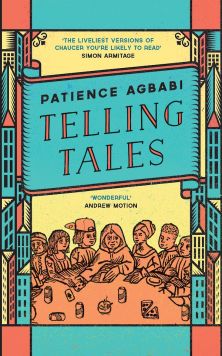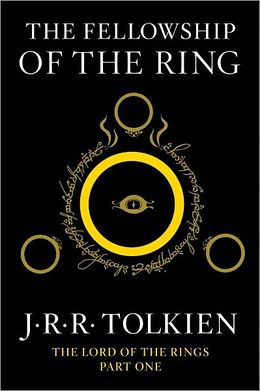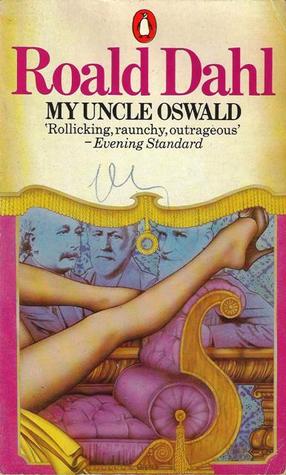Greetings dear readers, and welcome to the bright and shining microcosm that is another post. I am (mostly) done with university for another year, and finally have time to choose my own reading. So instead of preparing and researching my dissertation, I’ve created a list of my summer reading. I hope you enjoy!

The Informers – Bret Easton Ellis
I’m slowly making my way through Ellis’ back-catalogue. I recently finished Imperial Bedrooms, and it was definitely true to form! I picked The Informers up in a charity shop a while ago and still haven’t read it. It is a collection of short stories, seemingly set in the same universe. I imagine it features the same almost satirically dark and emotionless writing we have all grown to know and love. I’ll post a review in the future.

Telling Tales – Patience Agbabi
Okay, so this one is actually university related, but I’ve wanted to read it for a while. Patience Agbabi is a British poet who uses grime-influenced hooks and beats in her poetry. If you haven’t seen her work before, find her on Youtube. Telling Tales is a modern reinterpretation of Chaucer’s The Canterbury Tales. Agbabi reimagines the original characters as modern Britons; from the Nigerian businesswoman The Wife of Bath, to Robyn Miller, the 18 year-old newly-wed. It’s safe to say I’m very excited to read this.

The High Places – Fiona McFarlane
I picked this up at a local bookshop a while ago and it’s sat on my shelf ever since. Recently however, I’ve come across several positive reviews of McFarlane’s debut novel The Night Guest, and I thought it was time I gave her work a try. This collection of short stories has been described by The Guardian as “off-kilter” and deal with some interesting aspects of the human condition. I’ll let you know how it goes.

Beren and Luthien – J.R.R. Tolkien
This is a posthumous work, published in 2017 by Tolkien’s son Christopher. It’s compiled from various pieces of work Tolkien produced in his life, elements of which have appeared in several of his other works. The story is set in the First Age, some 6,500 years before Lord of the Rings, and follows the story of Beren on his quest for Luthien’s love. I’ve enjoyed Christopher Tolkien’s work in the past so I’m looking forward to this one.
Thanks for reading, and if you have any other suggestions, let me know in the comments.













